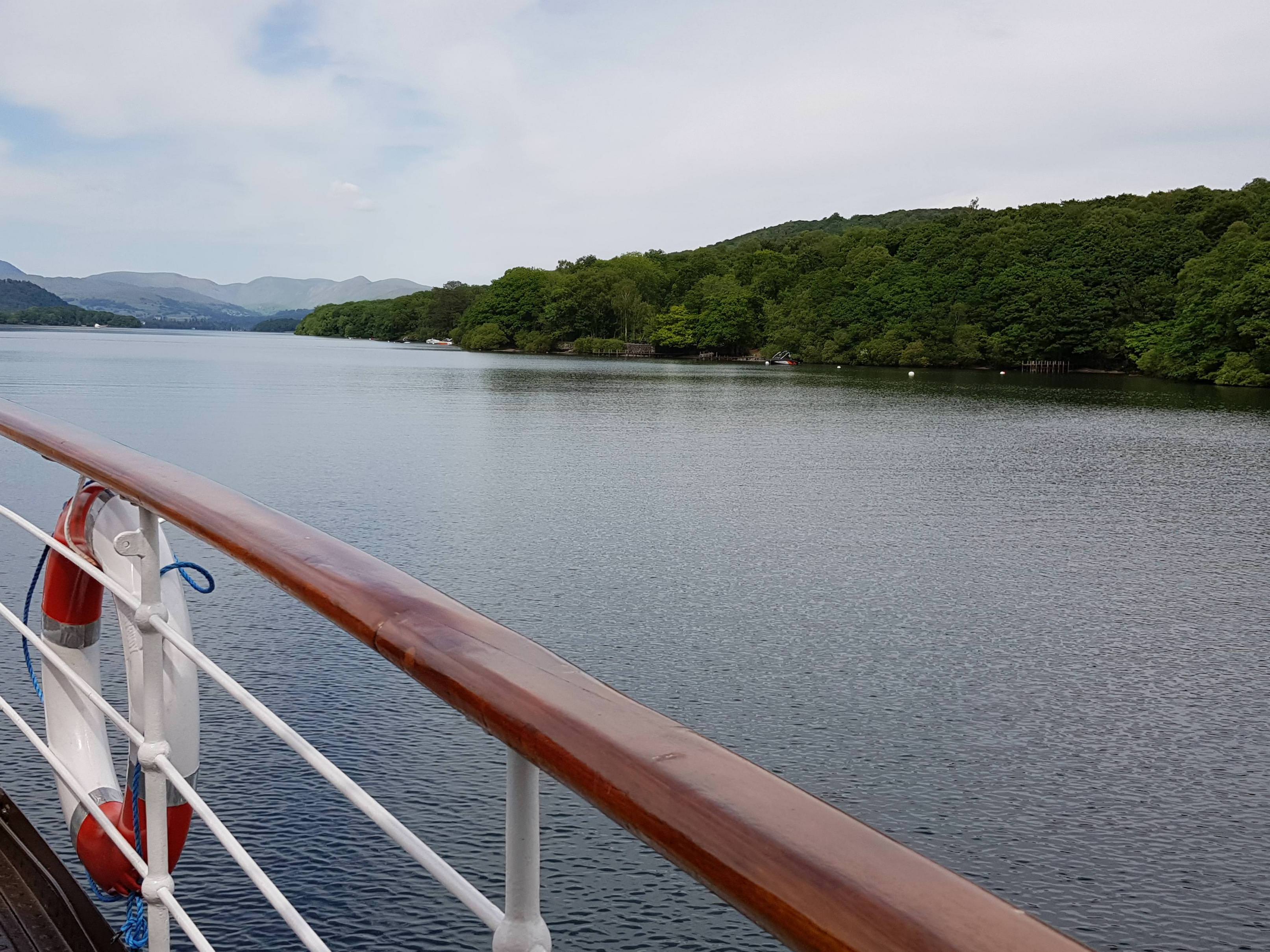Hi Doug. First of all let me assure you that if you were to get on my bus and someone refused to move out of the wheelchair bay then I would refuse to move the bus until they had either a) complied with my request or b) left the vehicle.
Good for you, I support you 100%.
As to the original point of the discussion... the problem is that there are obviously a large number of competing legislations here... PSVAR, Road Transport Acts, Railway law, contract law etc.
it obviously leaves a lot open to interpretation and will not be sorted until there have been a number of test cases.
Yes indeed - The complications of such are doubtless why we are having this debate. I guess the difficulty is whether there ever will be the test cases required to nail this down 100%. Given the PSVAR have been around and in place to varying degrees since 2000, and there haven't been test cases regarding rail replacement vehicles thus far... (to the best of my knowledge)
However, could it be that the reason why Rail Replacements are generally treated as PH under PSVAR simply because of this fact.... a disabled person turns up and there isn't an accessible bus/ coach for them to board.... as the TOC has a legal responsibility under contract law to ensure the pax can complete their journey they will order a taxI.
My understanding or interpretation is that this may be an argument under the reasonable adjustment requirement of the Equality Act, but not so much under the PSVAR.
Now I don't know about you, but I would certainly be over the moon to be provided with my own personal transport rather than have to squash in with the hoy poloi!
I can see why this would appear preferable, but the reality doesn't work out that way in my experience.
On Friday, I went to Lake Windermere for a trip on the steamer. Northern booked a taxi for me from Oxenholme to Windermere. I am 6'7" so I had to travel with the back of my head and my shoulders jammed against the ceiling. Also the taxi driver didn't restrain my wheelchair, and didn't provide a seat belt. I was left to rattle around in the back, side on to the direction of travel, at great discomfort and risk.
Northern booked a taxi for the return journey. It didn't turn up. When Northern phoned to chase, they were informed that the taxi was 30 miles away and would thus take 40+ minutes to arrive. This meant I would have missed connections at Oxenholme and Lancaster, and got home very late.
Then amongst all the inaccessible coaches, an accessible bus turned up. It was a heritage vehicle, restored and driven by volunteers from the Workington heritage vehicle trust (evidently an excellent organisation to whom I'm very grateful, I left a donation!) They loaded me and a couple of extraordinarily drunk and lairy other passengers, and drove us promptly, in comfort and safety, to Oxenholme.
Even with the drunk and unpleasant other passengers, it was very much preferable than the taxi on the outward journey and the non-existent taxi on the return!


